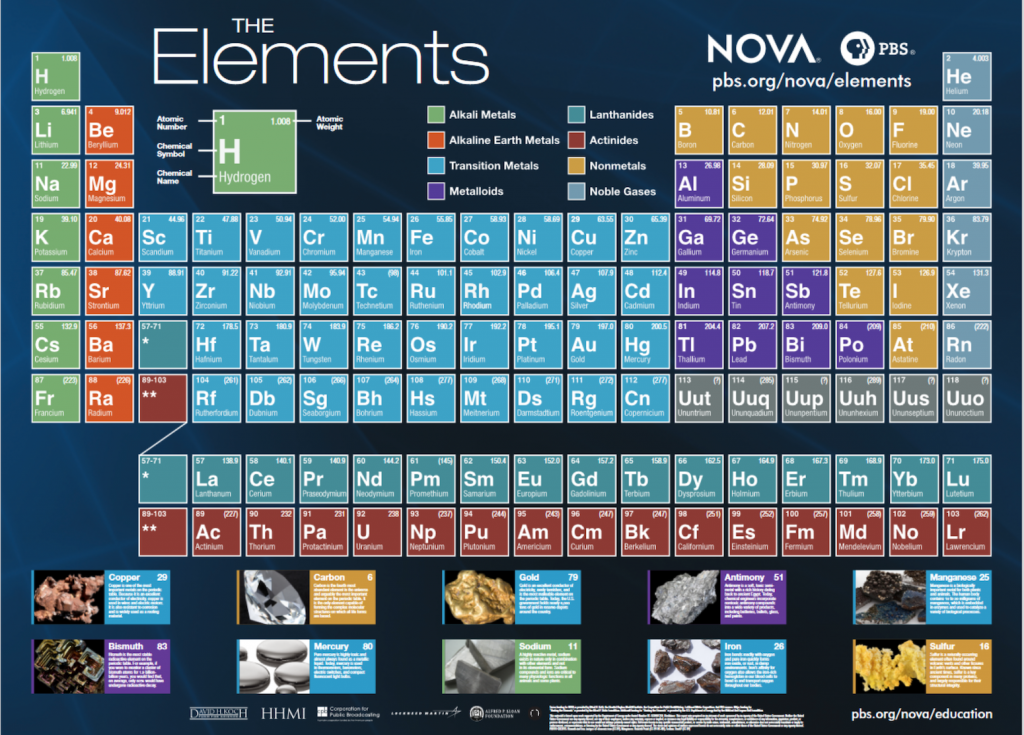Often the best way to understand and learn about complicated scientific ideas is to be able to see and interact with them whenever you are feeling inspired to do so. Scientists are eager to explain their excitement and areas of expertise, and the advent of the internet has been a series of trial and error ways to test learning, gamification, and general engagement.
Here are eight websites that allow you to freely interact with science online.
- The PBS show NOVA has two great sites. Nova Labs is a series of games/experiments that teach science concepts inside the games. Students can find a new home planet for aliens, thwart cyber attacks, design biomolecules to cure diseases and investigate solar storms, all with the help of real scientists and other experts along the way in ways that allow students to learn from mistakes.
- Nova Elements is an interactive periodic table that you can also download as a free app.

- There are a large number of human anatomy apps and websites that charge a fee but Zygote Body is a free online 3D anatomy atlas. It allows you to view, isolate, and learn human anatomy structures.
- University of Colorado, Boulder has some amazing online science and math simulations on their PhET page. They have sections for biology, math, physics, earth science and chemistry. They also allow you to sort by grade level and accessibility.
- The American Association of chemistry teachers(AACT) has a number of great chemistry visualizations online that are interactive.
- NASA at Home has virtual tours for a budding astronaut.
- Arcademics Games adds a great element of social motivation to their online educational games for elementary students. Many of the games are multiplayer so kids all over the world can play together.
- The Whole Frog Project has created a virtual frog dissection. No frogs are harmed as you investigate frog anatomy.
Do you have other interactive places on the web that you go to learn science? Please share them with us in the comments below!
More Stories
A Boomer’s view of Student Debt
Student loan forgiveness has been in the news again recently with the White House announcing $5.8b additional student loan debt...
Justin Reich on Learning Loss, Subtraction in Action, and a future with much more disrupted schooling
Justin Reich is an education and technology researcher and the director of MIT’s Teaching Systems Lab. He hosts a podcast...
Public K-12 Enrollment is falling and that is dangerous and exciting
A surprising result of COVID and the resulting school closures is that many parents, after struggling to figure out how...
Esports could help re-diversify a shrunken curriculum
Esports and schools feel like a pretty strange fit. Regular sports have always gone with schools, but adding esports still...
People aren’t flipping out for flipped classrooms like they used to
Flipped learning, a new strategy for teaching that flips the traditional idea of classroom lecture followed by homework on its...
Review of “How to Raise Successful People” by Esther Wojcicki
This is an interesting book with the perspective of a unique person that ultimately falters because of the blind spots...
